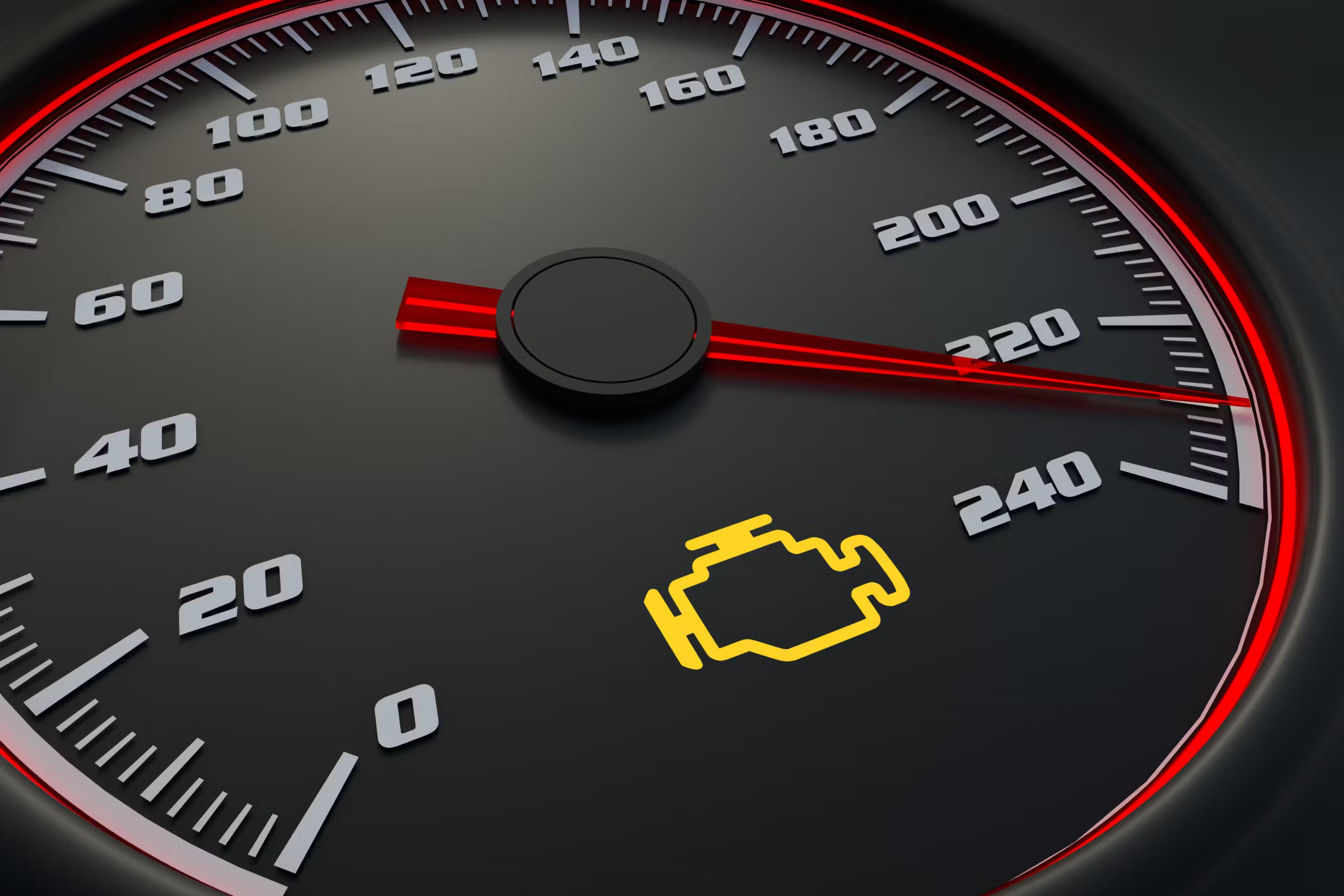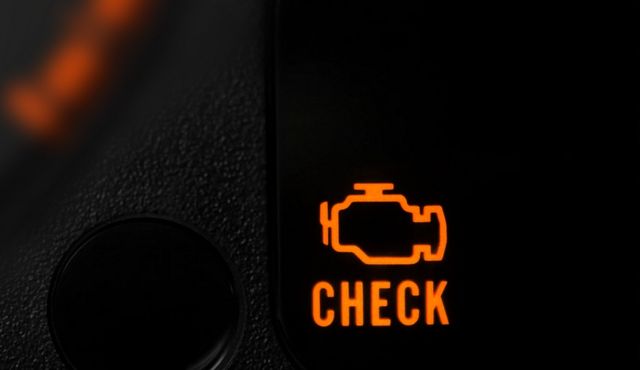
Will Check Engine Light Go Off on Its Own?
The dreaded sight of a check engine light can send shivers down even the most seasoned drivers’ spines. But what if I told you that in some cases, that light might just turn itself off? Intrigued? Read on!
The Nature of Check Engine Lights
Check engine lights, also known as malfunction indicator lights (MIL), are designed to alert you to potential problems within your vehicle’s emissions control system or engine. These lights are usually triggered by sensors that detect deviations from normal operating parameters. The information gathered by these sensors is then sent to the engine’s control module, which illuminates the check engine light to prompt you to have the issue addressed.
When the Light Self-Corrects
In certain instances, the check engine light can disappear on its own. This typically occurs when the underlying problem is transient or intermittent. For example, if your fuel cap was loose and caused a minor leak in the fuel system, triggering the check engine light, simply tightening the cap might resolve the issue, causing the light to turn off.
Another scenario where the light may self-correct is when the vehicle’s sensors experience a temporary glitch. In such cases, the sensors may momentarily provide inaccurate readings, leading to the illumination of the check engine light. If the sensors return to normal operation, the light may go off on its own.
When It Requires Attention
However, it’s crucial to emphasize that not all check engine lights will resolve themselves. Some issues, such as a faulty oxygen sensor or a malfunctioning spark plug, require professional attention to diagnose and repair. Ignoring these problems can lead to more severe issues that may impact vehicle performance, fuel efficiency, or even safety.
Expert Advice: When to Seek Assistance
If your check engine light is accompanied by noticeable symptoms, such as rough idling, reduced power, or unusual noises, it’s advisable to seek professional assistance promptly. This is particularly important if the light remains illuminated after multiple drive cycles or if it reappears after being reset.
On the other hand, if the check engine light is the only symptom you’re experiencing, and it goes off after a short period, it may be safe to continue driving. However, it’s still recommended to have the vehicle inspected by a qualified mechanic as soon as possible to ensure there are no underlying issues that need attention.
FAQs on Check Engine Lights
Q: Why does my check engine light turn on and off intermittently?
A: Intermittent check engine lights can be caused by loose connections, faulty sensors, or intermittent electrical issues.
Q: Can I reset the check engine light myself?
A: While it’s possible to reset the check engine light using a code reader or by disconnecting the battery, this will not resolve the underlying problem. The light will likely reappear if the issue persists.
Q: How do I know if my check engine light is a serious issue?
A: If the check engine light is accompanied by noticeable symptoms, such as reduced power, rough idling, or unusual noises, it’s important to seek professional assistance promptly.
Conclusion
While the check engine light can be a daunting sight, understanding the potential causes and consequences can empower you to make informed decisions. Remember that not all check engine lights require immediate attention, but it’s always prudent to pay attention to the symptoms your vehicle exhibits and seek professional assistance when necessary.
Are you interested in learning more about check engine lights? If so, there are numerous resources available online and in automotive repair manuals. You can also consult with a qualified mechanic for personalized advice and assistance.

Image: www.dubizzle.com

Image: www.replicarclub.com
Help! My Check Engine Light Won’t Turn Off! 4 Big Tips 1. Fuel Cap. The fuel cap, along with a series of lines inside of the gas tank, makes up a system that recirculates gasoline vapors and keeps them from escaping into the surrounding area. A loose or faulty fuel cap can result in unintended emissions, leading to the check engine light turning on. Additionally, loose fuel caps can mean the gas in